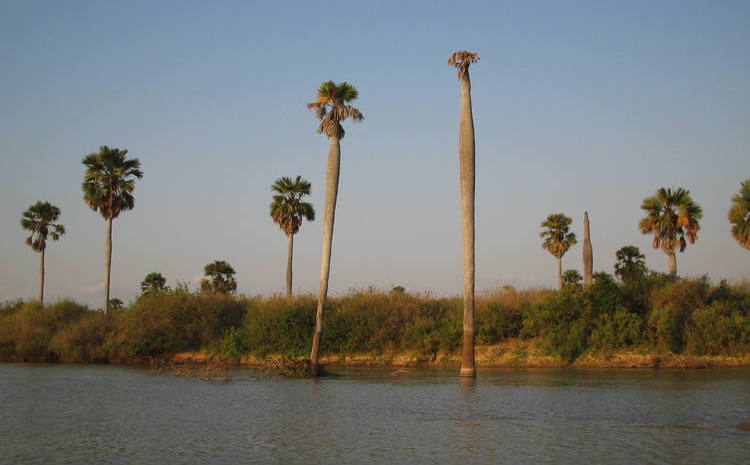By Lisa Vives, Global Information Network
NEW YORK (IDN) — As American workers are demanding raises after years of stagnant wages, African workers are also seeking salary hikes, back pay and other benefits in a phenomenon dubbed “Striketober”.
The official African response, however, has been anything but responsive. In Swaziland—renamed Eswatini, the home of Africa’s last absolute monarchy—striking nurses and paramedics were met with a hail of bullets for demanding better pay at three hospitals. A spokesman for the government denied that security forces had used live ammunition or shot at strikers.
But a video obtained by The Swazi News Twitter account is said to show health workers and other public sector employees who went to deliver a petition to parliament demanding better living conditions, being met with an “unprecedented show of force”.
Commerce Minister Mancoba Khumalo warned workers—some of whom earn $70 a month—that they risked losing their jobs if protests against King Mswati intensify.
Nurses are reportedly refusing to treat the police, accusing them of shooting colleagues during a pro-democracy rally.
All protests are now banned as political temperatures continue to rise in this tiny Kingdom.
In Zimbabwe, junior soldiers have been sent on forced re-training as punishment for seeking a salary increase.
This comes as President Emmerson Mnangagwa’s administration is dealing with unrest in army barracks where junior officers are said to be demanding salary hikes to levels promised.
Also in Zimbabwe, the Amalgamated Rural Teachers Union (ARTUZ) says monthly salaries for teachers have been eroded by 50% due to inflation and the rise in the cost of living in Zimbabwe.
This, according to the teachers’ union, has forced the majority of teachers to live in “sub-human conditions”.
Meanwhile, teachers are demanding an apology from the government following remarks by the permanent secretary of the Education Ministry, Tumisang Thabela, that teachers who could not afford to travel back to their workplaces should borrow money.
“When a whole profession is reduced to this, how do we inspire our kids? Why reduce us to beggars?” said Raymond Majongwe, secretary-general of the Progressive Teachers Union.
Turning to the Democratic Republic of Congo, hundreds of workers from the state-owned ports company stormed its headquarters on Friday, breaking windows, burning furniture and clashing with police over unpaid wages.
Police fired tear gas into the building in the capital Kinshasa. The workers have been on strike since October 15. They say the government owes the firm $207 million, and that they have not been paid in more than three years.
Schoolteachers are also on strike in Congo over salaries, bonus pay and the retirement age. On Thursday, hundreds of children stormed the national parliament to demand a resolution to the strike.
Turning to South Africa, the largest union of metalworkers has accepted a 6.6 percent incremental wage offer from management, ending a 13 day walkout.
The National Union of Metalworkers said it would accept the increase spread over three years. NUMSA, which has around 155,000 members, launched the strike early this month in a move that hit output at carmaker BMW and threatened more auto assembly lines.
Finally, on the occasion of World Day for Decent Work 2021 on October 7, the International Trade Union Confederation (ITUC) released a statement from General Secretary Sharan Burrow who said: “Governments must have one overriding priority, and that is jobs. They need to recommit to full employment. This provides the basis for economic security and for social justice.” [IDN-InDepthNews – 26 October 2021]
Photo: Manzini nurses picketing against Police brutality and delivering their petition at Manzini regional police headquarters on October 26. Source: Swazi News
IDN is the flagship agency of the Non-profit International Press Syndicate.
Visit us on Facebook and Twitter.
We believe in the free flow of information. Republish our articles for free, online or in print, under Creative Commons Attribution 4.0 International, except for articles that are republished with permission.

